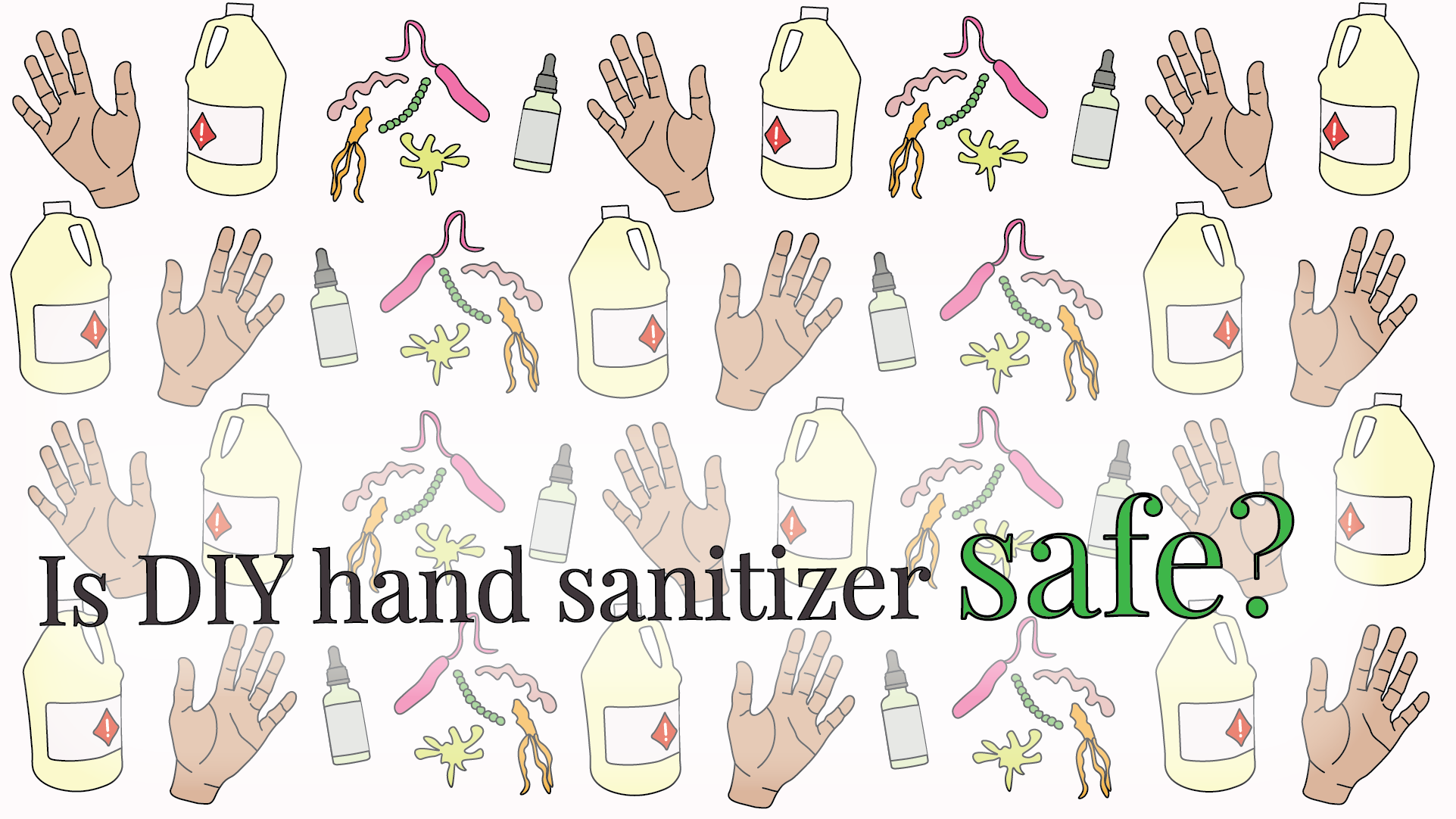It's not an exaggeration to say that we are living in unprecedented times.
COVID-19 is frightening, and while we absolutely should take all measures that we can against it, DIY hand sanitizer is not a good idea.
Why? Well, DIY hand sanitizer is highly ineffective, and can promote a false sense of security.
A person who uses a DIY hand sanitizer on their hands may genuinely believe that they have fully disinfected their hands, when in reality they very much have not.
This person may then interact with others, unwittingly spreading bacteria to vulnerable populations, such as the immunocompromised and elderly.
While professionally formulated hand sanitizer is certainly convenient, especially now, it just can't be replicated at home.
Still not convinced? We've outlined just a few of the reasons DIY hand sanitizer does not work below. Please, please read up, and wash your hands with soap and water instead.
1. DIY hand sanitizers utilize incorrect alcohol percentages.
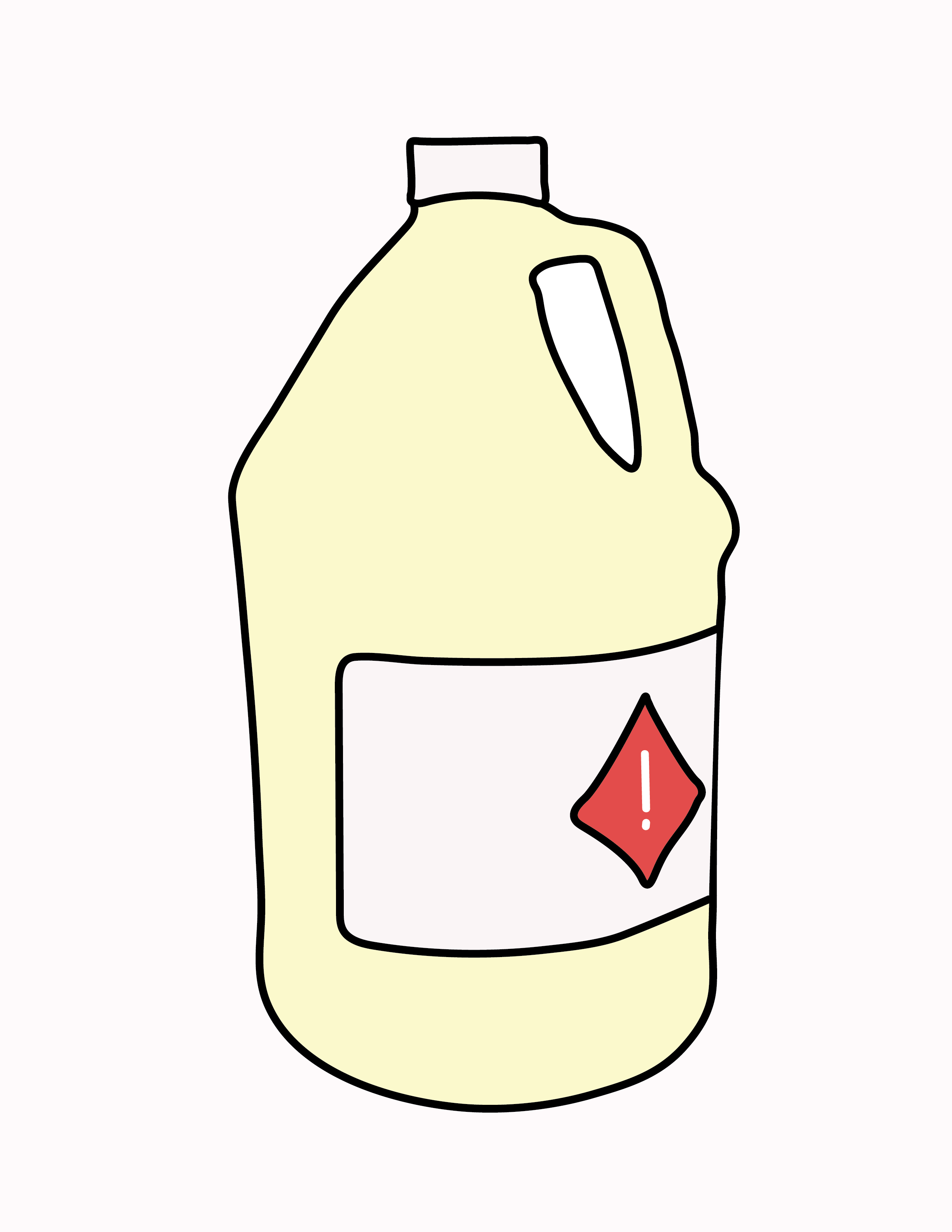
In hand sanitizers, Ethyl Alcohol (not vodka or other drinkable spirits) is generally preferred and 60-90% is generally considered safe and effective.
When hand sanitizers contain over 95% alcohol content, studies show that microbes can limit the ability of the alcohol to denature the protein within.
On the other hand, when too little alcohol is included, the recipe is effectively useless and has no effect whatsoever.
Alcohol percentages are difficult to control, and the average person does not have the technology at home to ensure the alcohol is evenly mixed throughout the hand sanitizer solution.
2. DIY hand sanitizers do not remain on hands long enough to work.
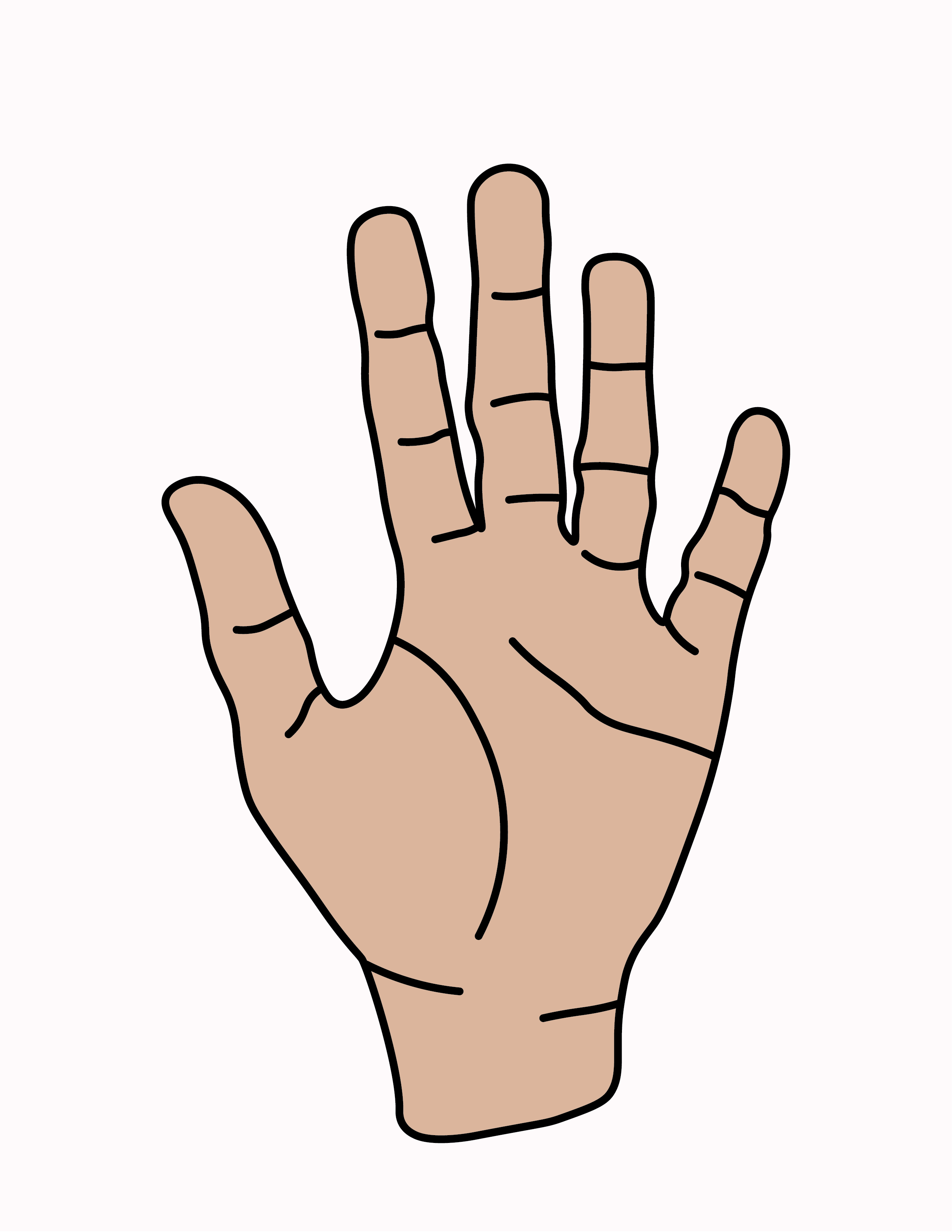
Even simple microbes require time to get the alcohol inside to denature the protein.
Depending on the microbe minimum required, contact time of 1 minute with the skin may need to be achieved.
Chemists use polymers to increase contact time and help reduce trans epidermal water loss, which the average person simply does not have at home.
3. Many DIY hand sanitizer recipes rely on essential oils to disinfect the skin, and include ingredients that add a microbial burden.
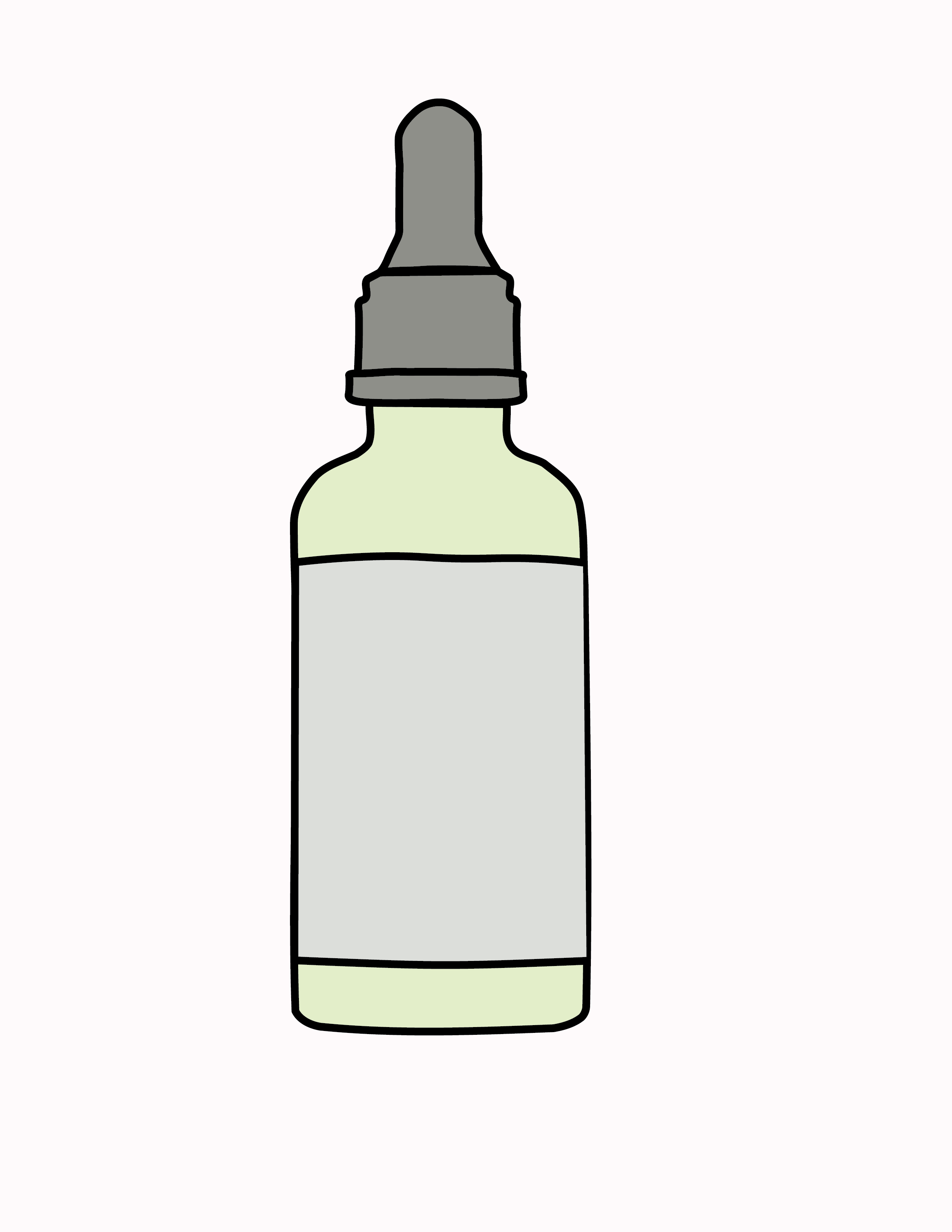
There is no evidence that essential oils can kill COVID-19.
Essential oils in combination with materials that they do not readily mix with such as alcohol and water create a non-homogeneous solution that can cause harmful skin interactions.
Repeated use of ingredients like alcohol dry out the skins' acid barrier which causes irritation that can actually increase the risk of infection.
Many DIY hand sanitizer recipes also include aloe and homemade plant extracts, which add a microbial burden.
4.DIY hand sanitizers are not tested.
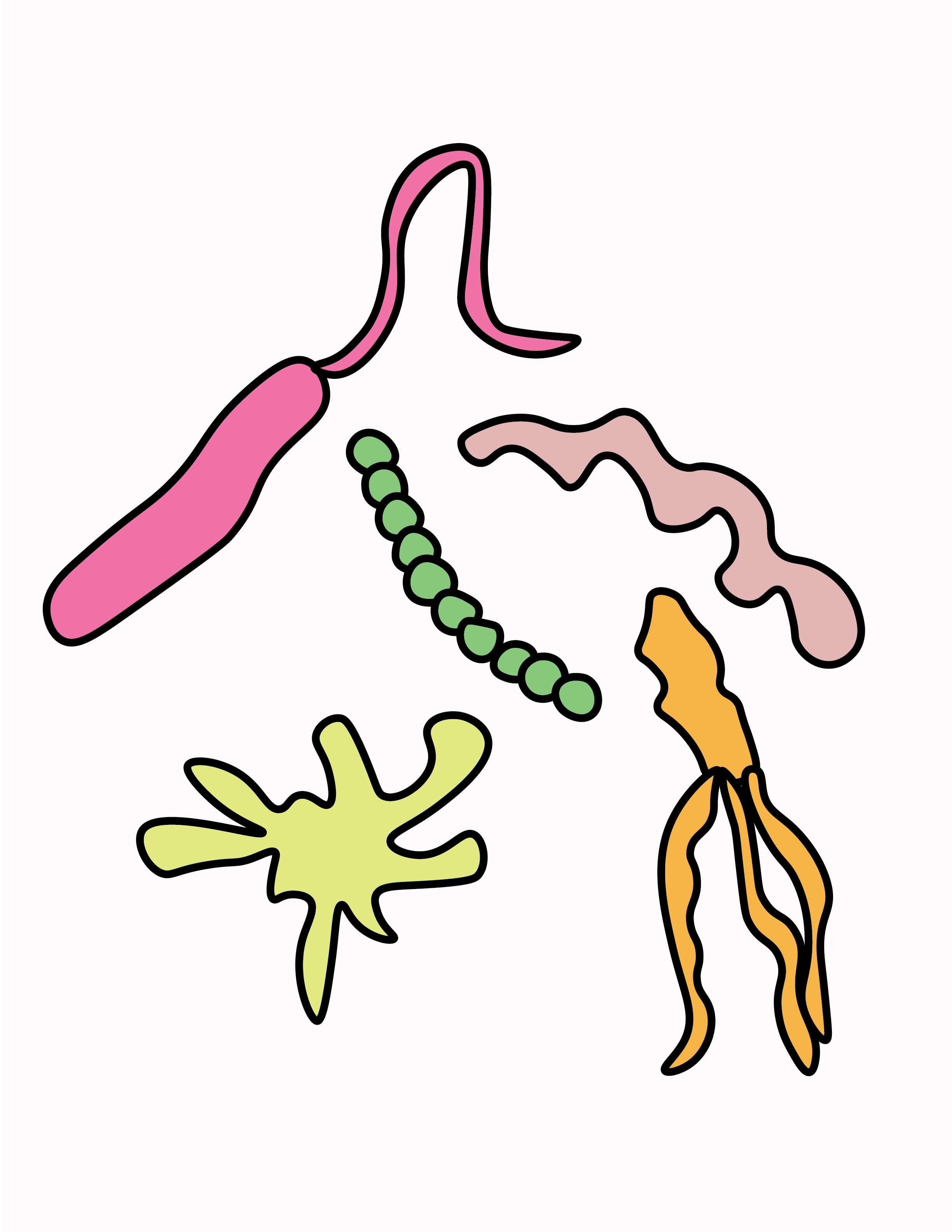
In the United States, hand sanitizers are considered to be a drug, and require testing before claims can be made.
Chemists rigorously test hand sanitizer within the laboratory, while the average person simply cannot test their effectiveness at home, especially not on COVID-19 itself.
What you should do instead of using DIY hand sanitizer:
Wash your hands with soap and water for at least 20 seconds multiple times a day.
The CDC's official instructions on how to wash your hands are as follows:
Follow these five steps every time.
1. Wet your hands with clean, running water (warm or cold), turn off the tap, and apply soap.
2. Lather your hands by rubbing them together with the soap. Lather the backs of your hands, between your fingers, and under your nails.
3. Scrub your hands for at least 20 seconds. Need a timer? Hum the "Happy Birthday" song from beginning to end twice.
4. Rinse your hands well under clean, running water.
5. Dry your hands using a clean towel or air dry them.
Stay safe out there, and take care!
Love (from a distance because we all need to do our part),
The Formulate Team

